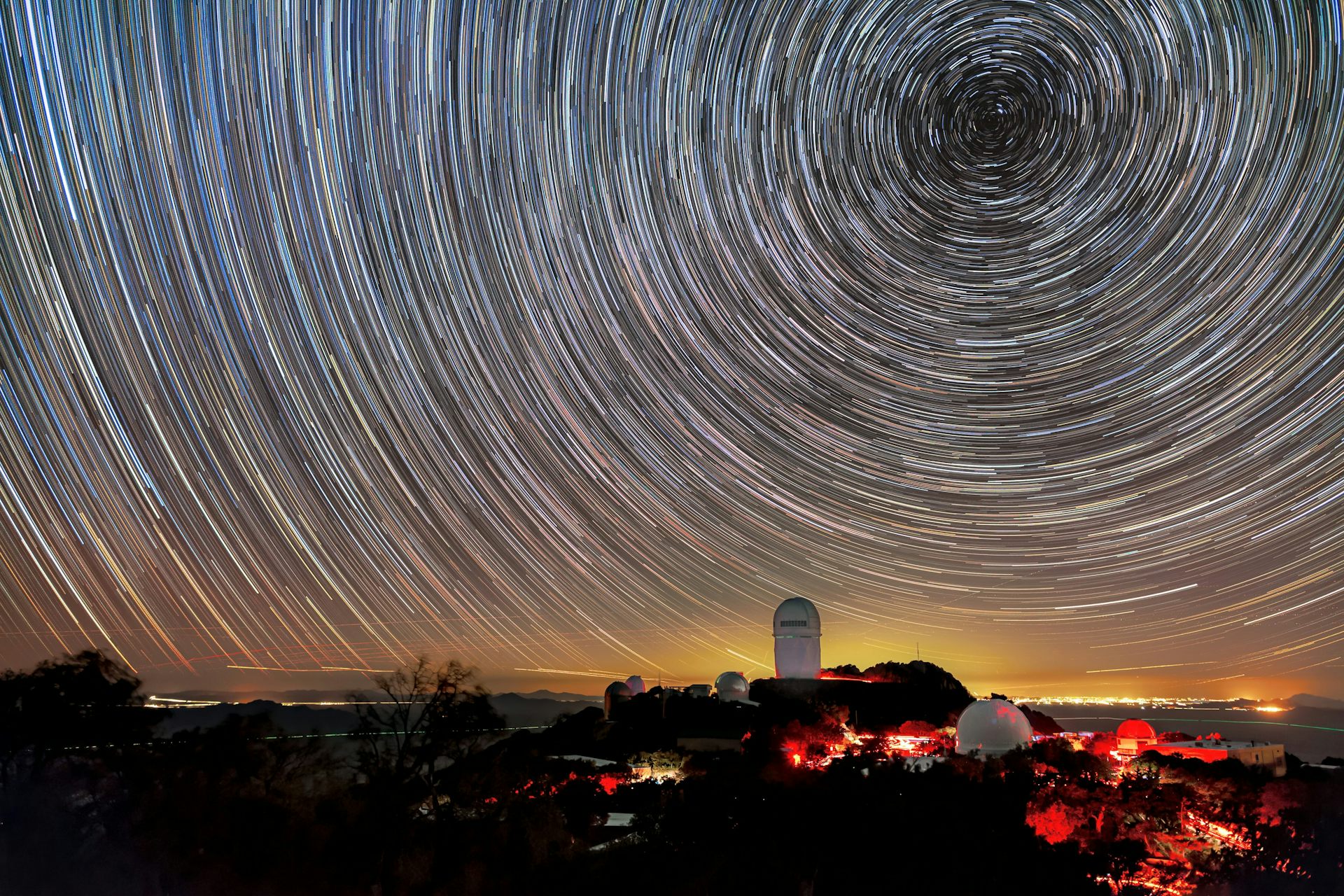
In 2022 NASA’s James Webb Space Telescope discovered an abundance of tiny red objects scattered across the sky in the early universe. A large fraction of them are likely galaxies with supermassive black holes growing at their centers.

A recent study reveals that the famous Wolf-Rayet 104 "pinwheel star" holds more mystery but is even less likely to be the potential "death star" it was once thought to be.

The discovery is one of the most significant findings in the search for evidence of past life on Mars.

Traditional models of star formation suggest there may be as few as 300 black holes in the closest region of the supermassive black hole Sagittarius A*. But a new study suggests the number of stellar-mass black holes is much higher.

In a controversial experiment, a team of physicists investigated whether we could harness the Earth's rotational energy to generate electricity.

When you peer out into the depths of the cosmos, a mystery lies there, waiting. In a survey of the deep sky, most of the galaxies are seen rotating in the same direction.

JADES-GS-z14-0 is rich with oxygen – which is an absolute surprise, since scientists had thought elements heavier than hydrogen and helium weren't around in significant quantities until much later in time.

The UN estimates the world’s population to be around 8.2 billion but this number is projected to hit 10 billion by the mid-2080. But it turns out researchers may have underestimated how many people are actually on Earth.

However, new results from the Dark Energy Spectroscopic Instrument (DESI), released today, suggest dark energy may be changing over time.

JWST have revealed an exceptionally large galaxy in the early universe. It’s a cosmic giant whose light has travelled over 12 billion years to reach us. We’ve dubbed it the Big Wheel.

New research out of Stanford University adds a “striking” new twist to an existing theory about how life may have began on our planet, involving the occurrence of microlightning in tiny water droplets.

On the night of May 19, 2022, two Chinese astrophotographers, Angel An and Shuchang Dong, captured a spectacular display of over one hundred red sprites over the Himalayas.

Astronomers have detected mysterious X-ray signals coming from a nearby white dwarf star for more than 40 years. We may now know where they're coming from - the death throes of a planet being torn to shreds and raining down on the star.

Biohybrid robots work by combining biological components like muscles, plant material, and even fungi with non-biological materials.

A combination of cosmic processes shapes the formation of one of the most common types of planets outside of our solar system, according to a new study.